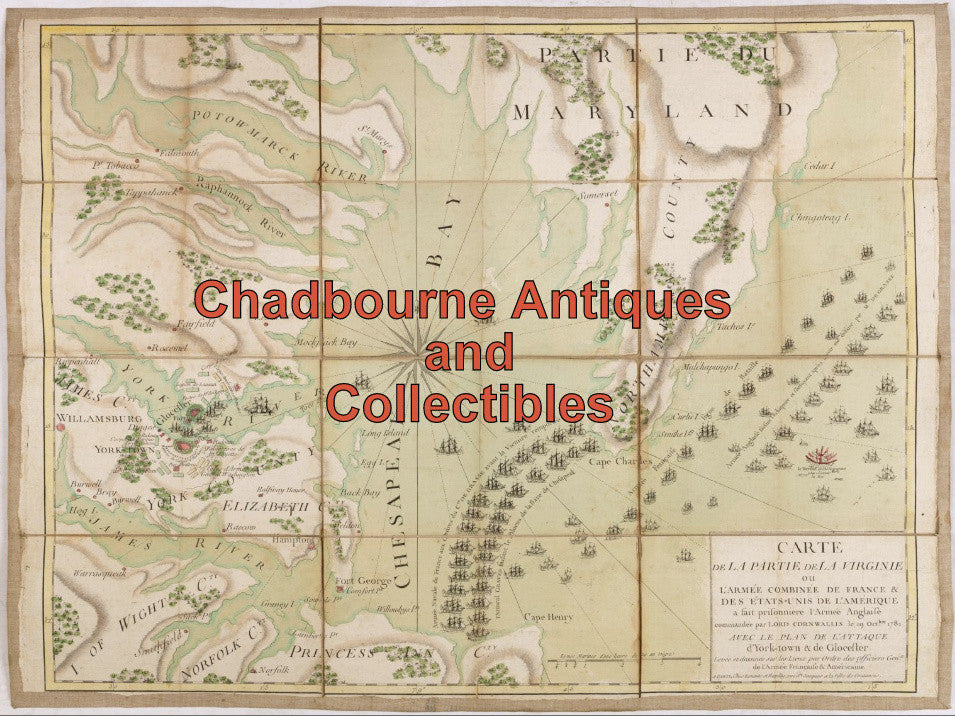$280.00 CAD
| /
Interesting Pre-Confederation pamphlet with Protestant Orangeman’s songs/verses on current political situation of that turbulent time.
Rare, most copies are in collections.
This pamphlet reflects the cultural and political tensions of mid-19th century Canada, especially among Protestant Loyalists aligned with the Orange Order. McBride’s verses often address perceived injustices and affirm allegiance to British institutions. The Orange Order was influential in Ontario politics and social life during this period, and pamphlets like this served both as entertainment and ideological reinforcement.
The Canadian ORANGE MINSTREL for 1860, contains nine new and original Songs
Mostly all of them showing some wrong that affects the order or the true course of Protestant loyalty to the British Crown
By R. McBride
LONDON C.W. Printed at the Free Press Stream Printing Office, North Street
1860
....Oh! Protestants now what disunion prevails, Unite 'neath that standard that Popedom assails...
...The colored boys once in a while fly from their hard task masters and when in Canada
smile...
#3 On the Trap for Upper Canada, as seen by Protestant George and Papist McGee, joining
hands
Ah George, thy star is is falling fast, Thy star of Protestant pretention, McGee has got thy soul at last...
It was Presbyterians who united with Popery at the time of the Irish Rebellion, but no Church of England Protestants. The massacre of Protestants soon turned the Presbyterians and made them loyal ever since
#6 A Royal Arch Purple Marksman’s song, amongst his Brethren, after coming through the proscription mills, in Canada
I've kept the ark before my eyes, Altho' a cloud was oft between....
#7 Synopsis of McGee’s speech on affinity between the Irish and Scotch, as delivered in London. And answered by a Scotchman.
In London you must know, not very long ago, McGee some strange stories was telling...
#8 On D. McGee’s late motion in Parliament, &c Session 1860 - Tune “The Meeting of the Waters”
When Parliament met in our Parliament House, McGee went a hunting as if for a louse..
#9 On the Murder of James Campbell by the Oneida Papists, July 12th 1851 – Tune “Our Country’s Savior”
Shall Jesuits rule this favored land, by Priestcraft wide extending?
A number of these murderers – 10 or 12 – have met with fearful and sudden deaths since this murder. I will just name one, Brophy, who 3 years afterwards, on the 11th of July, at dinner, was swearing what he would do next day to Orangemen – he was a sawyer – and on going in to the mill was cut in two by a circular. This tallies well with the fate of Carigan’s murderers.
13 pages + pink soft cover
Water stain LL corner. Couple of corner chips.
22 x 14 cm
George Brown (1818–1880) Father of Confederation, leading Reform politician and editor of The Globe, a powerful Toronto newspaper. He was deeply involved in debates over representation and Confederation. Advocated for representation by population, challenging the political imbalance between Canada West (Ontario) and Canada East (Quebec).
Thomas D’Arcy McGee, journalist, politician, poet (1825-1868). He was dedicated to the cause of Irish national liberation. This pushed him towards revolutionary anti-British doctrine in his early years. However, he matured to become a staunch defender of British constitutional monarchy and a Father of Confederation. He was an advocate for minority rights at a time when the politics of ethnic and religious identity were intensely fraught. He was an incredibly eloquent public speaker and a passionate advocate for Canadian interests. However, his political transformation ultimately damaged his popularity with Irish nationalists, particularly the Fenians. He was assassinated in 1868.
Canadian Encyclopedia
Guy Fawkes Night, also known as Guy Fawkes Day, Bonfire Night and Fireworks Night, is an annual commemoration observed on 5 November.
As it carried strong Protestant religious overtones it also became a focus for anti-Catholic sentiment. Puritans delivered sermons regarding the perceived dangers of popery, while during increasingly raucous celebrations common folk burnt effigies of popular hate-figures, such as the Pope. Towards the end of the 18th century children began begging for money with effigies of Guy Fawkes and 5 November gradually became known as Guy Fawkes Day. In the 1850s changing attitudes resulted in the toning down of much of the day's anti-Catholic rhetoric, and the Observance of 5th November Act was repealed in 1859.
